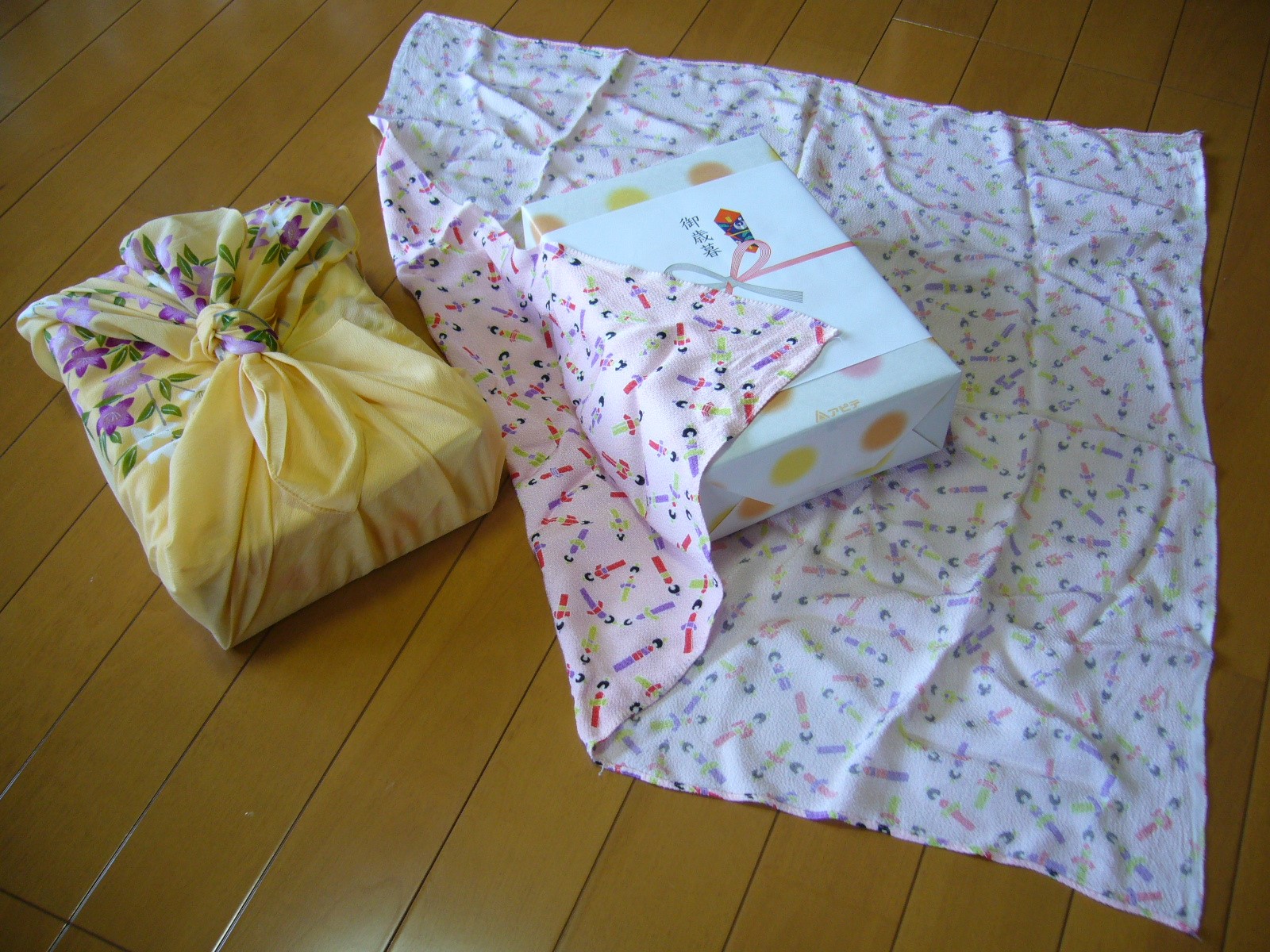By Sydney Alexandra, Local Journalism Initiative Reporter
Co-founder of Grandmother’s Voice Jody Harbour opened the second day of the Truth With Reconciliation conference, which took place on Feb. 26 (for day one coverage, click here). Harbour spoke about the necessity of reconciliation beyond words, calling for real actions that honour Indigenous sovereignty, culture, and healing.
“Reconciliation is not something to be rushed. It takes time, commitment, and a willingness to sit in discomfort, to listen deeply, and to build something meaningful and lasting,” Harbour said.
She emphasized that reconciliation is not a checklist but a lifelong commitment. “Reconciliation asks us to shift away from individualism toward a way of living that ensures no one is left behind. The stories that have been shared with us also hold great power.”
Asha Frost: Healing through medicine and reconciliation
Crane Clan member, member of the Neyaashiinigmiig (Cape Croker) First Nation, healer, and author Asha Frost shared teachings about medicine, healing, and the role of reconciliation in restoring balance.
She reminded attendees that healing is a continuous journey: “Our ancestors left us the medicine we need. It is within us, in the land, in our stories, and in our dreams. When we remember who we are, we return to our medicine.”
Her wisdom underscored the importance of reconnecting with Indigenous ways of knowing and fostering holistic well-being in communities.

Grandmother Gail and Angela DeMontigny: Ceremony as a path to healing
Grandmother Gail and Angela DeMontigny led a workshop on ceremony as a means of healing and accountability. Grandmother Gail stressed the importance of carrying on traditions for future generations: “Ceremonies help us prepare for coming generations—to carry on our traditions so they can feel the power of our ancestors.”
Angela DeMontigny, who is a Cree/Métis designer, artist, and entrepreneur, shared how ceremony shaped her entrepreneurial journey in establishing Lodge Soy Candles.
“I created this candle [the Ceremony candle] for myself. I was always busy — travelling, mentoring, designing — and missing ceremonies. One day, I smudged and thought, ‘What does it feel like to be in ceremony?’ I wanted something to bring me back to that. Before entering the lodge, we smudge with cedar to clear energy, burn sage and sweetgrass, and use tobacco in sacred fires to carry prayers to the Creator. I never expected people to understand the spiritual foundation behind this, but after 11 years, I can never keep this candle in stock. Ceremony is energy, and through it, we can heal people.”
Overall, the event served as a powerful reminder of the importance of reconciliation and understanding in shaping a more inclusive and compassionate future. It highlighted the resilience of those who continue to advocate for change while providing a space for reflection and growth. Reconciliation, in this context, is not just about acknowledging the past but actively working towards healing through meaningful dialogue, empathy, and collective action. The stories shared and the connections made inspired and motivated conference-goers to not only listen but to empower those around them. The conference was a call to continue the work of reconciliation and for all of us to use our voices to support a world where everyone is heard, valued, and respected.





